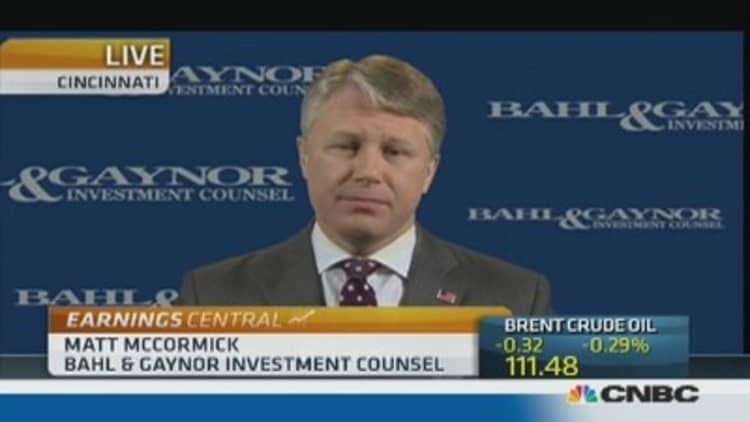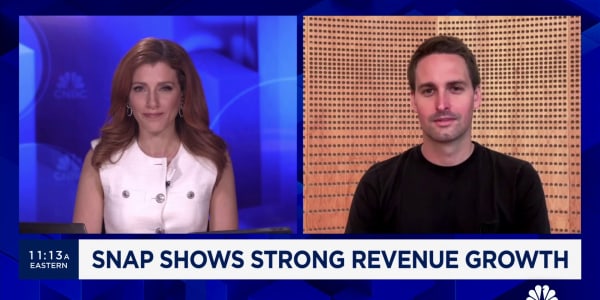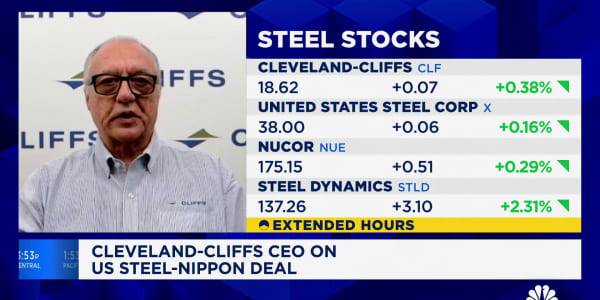Steve Randy Waldman at Interfluidity proposes that banks may be able to greatly diminish the economic impact of the debt ceiling not getting raised—while earning a nice profit for themselves.
The basic idea is relatively simple, although it requires us to make two assumptions. The first is that the government really can prioritize payments, delaying some and paying others (like Treasurys). The second is that the debt ceiling really is binding: no platinum coin, premium bond, or Obamabond is going to bail us out.
In that case, people and businesses owed money by the government would become involuntary creditors. The government would still owe them the money it promised but they wouldn't not get government checks on schedule. Which is to say, the government's suppliers, contractors and other creditors would find themselves holding one of the world's safest obligations—a liability backed by the full faith and credit of the U.S. government—but short on cash.
This is a situation tailor-made for bank intermediation. Banks could advance funds to companies holding government obligations that are secured by those obligations. In exchange for this liquidity provision service, banks would receive some fee.

Here's how Waldman describes it:
If the government starts delaying payments, banks will be able to fill in the gap, quickly and profitably. Advances against government obligations would require no meaningful credit analysis. As they would be secured by obligations of the Treasury, they would have little or no cost in terms of regulatory capital. The banking system faces no meaningful reserve constraint. Nothing whatsoever would prevent the banks from simply lending "from thin air" payments that the US government is withholding.
In fact, we know that the largest bank in the U.S. is already making plans to do this on the level of individual customers who might be owed Social Security or veterans benefits. Speaking at a meeting of the Institute of International Finance on Saturday, JPMorgan Chase chief executive Jamie Dimon announced that his bank would fill the gap.
From the Wall Street Journal:
Mr. Dimon said his bank would fund the $6 billion to $8 billion in government benefits that the bank processes each week for its clients, even if the government doesn't actually pay those obligations.
"We have a huge amount of clients who get direct deposit from the government, like veterans and welfare checks and Social Security, and what we want to do is to take care of our clients [by making] sure they don't run out money," Mr. Dimon said, speaking after he'd mentioned the plan in the panel discussion. "So you're basically advancing the money into their account."
"Instead of the government putting it in, we are. We'll let them overdraft for it and won't charge them for it, and then hopefully the government will give us the funds back," Mr. Dimon said. "There is a very complex legal issue there, but we try to take care of clients."
If JPMorgan can do this for individuals depositors, it can clearly do the same thing for corporate clients that might need liquidity if government payments were delayed. And clearly JPMorgan's competitors would rush to provide their corporate clients with the same service.
(Read more: Another fight for JPMorgan)
If the debt ceiling restrained government borrowing for any substantial period of time, banks would wind up with large amounts of these loans secured by government obligations. Very shortly, banks would likely begin to trade these assets, whose price would be determined by expectations of when the government would have enough tax receipts to allow their payment.
As Waldman points out, the trading in these would create a brand new kind of economic indicator. Since tax revenues are largely reflective of economic performance, the expectations about when revenues would result in payments are really expectations about the performance of the economy.
Waldman thinks that the banks could wind up putting the screws to the proverbial little guy.
They would, as usual, compete to offer cost-efficient products to wealthier and more astute customers, while charging smaller, weaker, more desperate customers large fees. In the end, the Federal deficit would be reduced and bank profits would swell, primarily on the backs of the least-savvy, lowest-bargaining-power government payees.
I'm not so sure. Think about how quickly banks have been forced to repeal various fees they've tried to put in place. And now we have the Consumer Finance Protection Bureau to police such things.
I doubt very much that any bank would risk its reputation with the public and regulators by treating its weakest customers unfairly while taking advantage of a debt ceiling crisis.
(Read more: Shutdown puts the brakes on banking reform)
More likely, banks would use this as an opportunity to make a modest profit from smaller convenience fees, seek larger profit through trading the obligations, and attempt to paint their activity as being "good corporate citizens" who have stepped in where the government has failed.
—By CNBC's John Carney. Follow him on Twitter @Carney






